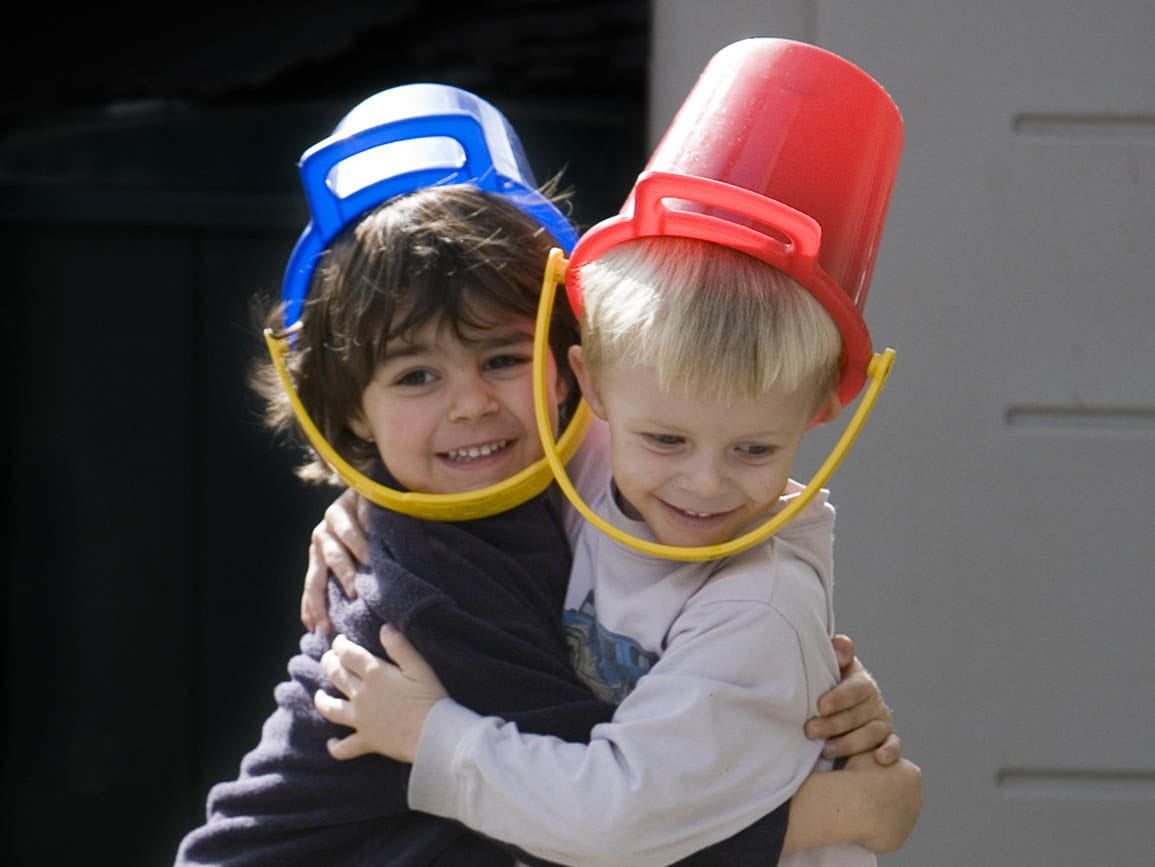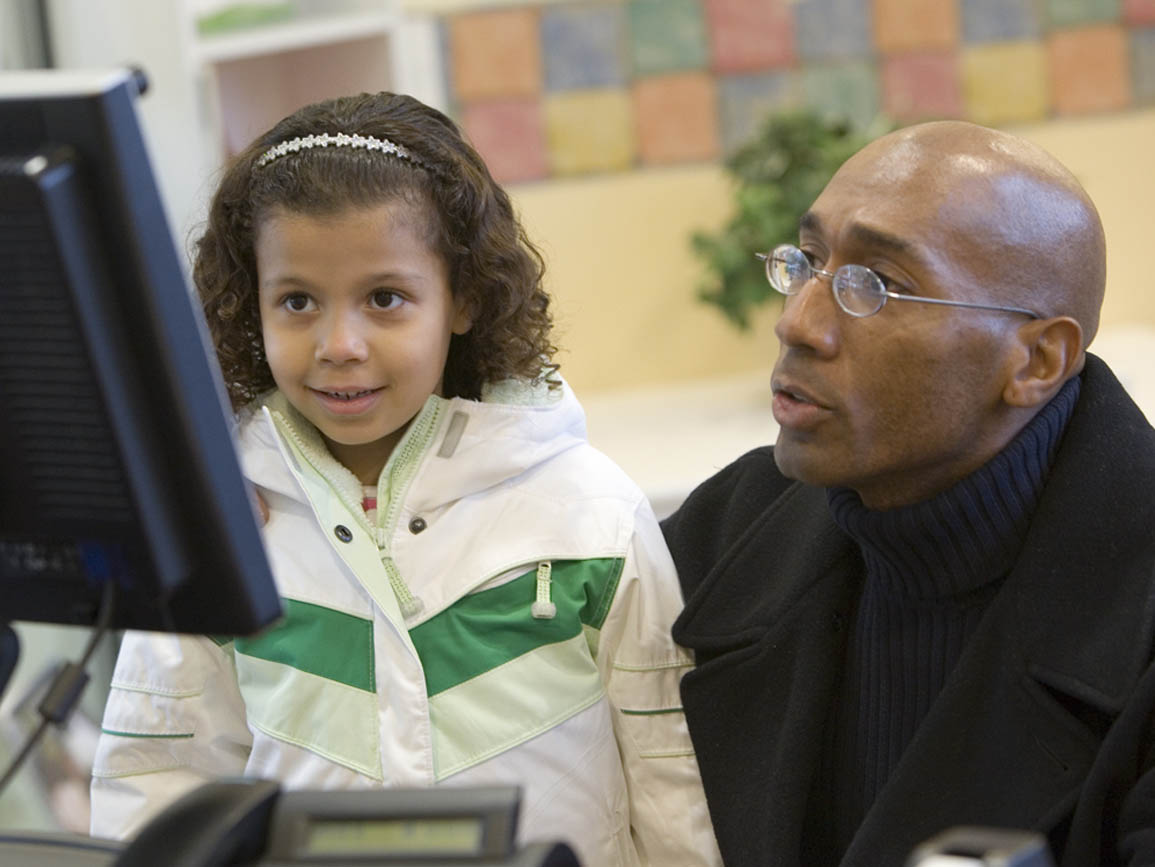Some children are born social butterflies, intuitively understanding the art of making and keeping friends. Other children need a bit more support. Many children are naturally quiet or reserved and may not know how to start a conversation. Others need help in reading social cues, sharing toys, or taking conversational turns.
No matter where children fit on this social spectrum, they can benefit from your nurturing guidance and example. Modeling how to be a friend is one of the most powerful lessons you can teach about friendship. Strike up conversations at the park with other parents. Be friendly and considerate to neighbors, teachers, and people in the community. Talk with your child about how to get someone's attention, ask questions, and introduce himself. All these steps pave the way for later social interactions.
Once your child has learned some basic social conventions, it's time to schedule play dates to help with social development. Invite just one child at first, which is less overwhelming for everyone and take an active role in the play dates. As your child gains experience, play dates will become more independent, with less direction from you.
Tips for Teaching Friendship with Play Dates
- Focus on interests and commonalities. Sure, learning to relate with diverse people is a valuable life skill, but for your child's early friendships, seek out children with similar temperaments and interests. Conversation will flow more freely and your child will gain confidence and create friendships more quickly. Sports practice, classes or clubs are natural settings for children to meet potential friends with similar interests.
- Schedule a play date. Ideally, you'll have opportunities to meet other parents before you schedule a play date, but if not, invite the parents over for a brief get-together. When both children and parents seem ready, you can schedule a play date without the parents. Keep play dates brief—two or three hours is plenty for young children.
- Have structured play dates. In a perfect world, play dates would always run smoothly, with children happily exploring and creating together. The reality is often something different. What if your child refuses to share or play with the other child? Or worse, the children have such a good time that your house is in shambles? Plan play date activities, such as play dough or puzzles, as ice breakers. Be sure to set some ground rules so everyone knows what to expect. Be prepared to kindly, but firmly, redirect behavior that's run off course. Don't hover, but stay nearby and intervene if things aren't going well. Often, simply offering another activity is all that's needed: "It's not safe to jump on the bed. Let's go outside and do sidewalk chalk."
- Use play dates to build social skills. When it comes to social skills, young children are eager, if imperfect, learners. Subtly observing your child during a play date can help you understand her social strengths and weaknesses. After a play date, make a few gentle comments to nudge learning. Point out positive behaviors, such as, "I noticed that you let Layla swing first on the swing. That was really thoughtful of you!" These comments help children identify how to be a good friend and increase the chances of those behaviors being repeated. You can also help your child learn new behaviors. "It was hard to share your new truck, wasn't it? How do you think Julian felt when you yelled at him? Next time, let's put special toys away and get out only the toys you know you can share."
From the playground to media, children are exposed to widely varying depictions of social interactions—some of them positive and some of them less desired. Play dates put parents back in the driver's seat, allowing you to model and foster respectful communication, gracious manners, and supportive friendships.
- Get some play date tips, ideas and activities from our parent bloggers.
- Advice and ideas for hosting a play date for children with special needs.
- What role should parent's play in children's friendships and organizing play dates as kids get older?
- Use our guide to learn how play dates can help build self-esteem, confidence and social skills in children.
- Different types of play time benefits children—find out the importance of pretend play in child development.
- Discover some creative toddler play room ideas to create an organized and fun play space for your child.
- Parents can take extra steps to make sure that children play & interact well with other kids. Remember to help kids develop skills to respond to and prevent bullying during play time.




